In this research brief from early 2019, the authors analyze the current legal frameworks for addressing Venezuelan migration in key receiving countries in Latin America. Given the likelihood of continued migratory flows, they highlight key areas for improvements to policies and processes. The brief is based on field research and high-level interviews conducted by the Migration Policy Institute in 2018 and serves as a backdrop for subsequent research on this topic.
Related Posts

Most foundations in the United States do not accept unsolicited funding requests. Why does Tinker?

Learn more about the launch of our new website.
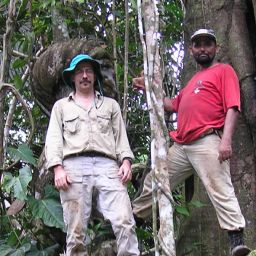
The director of the New York Botanical Garden’s Institute of Systematic Botany recounts the challenge of protecting critical Amazon forests amid a pandemic and an alarming spike in deforestation.
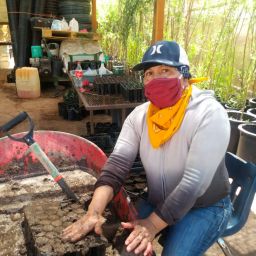
We asked three Tinker grantees – Organization for Youth Empowerment (OYE), the Sonoran
Institute in Mexico, and Women’s Justice Initiative – how they have responded to the pandemic.

The Foundation welcomes Dr. O’Neil as its fourth Chairperson and thanks Alan Stoga for his years of service.

Dr. Francisco Zamora Arroyo, Director Senior de Programas, cuenta como la organización binacional Sonoran Institute ha respondido a los desafíos de la pandemia y fortalecido la capacidad de resiliencia de su equipo.

As the global coronavirus pandemic takes hold in Latin America, civil society organizations are stepping forward with speed and resourcefulness.
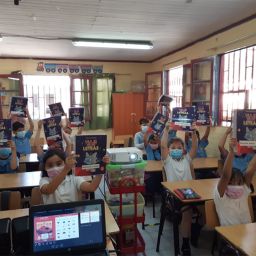
Loreto Iglesias tells us how the Fundación Educacional Crecer con Todos drew on their many years of experience to address school closings in Chile.

The Foundation will launch a special initiative on educational access and equity during COVID-19, as well as temporary changes to other institutional grantmaking.

We interviewed Elvia Raquec, Programs Director at Women’s Justice Initiative, who oversees the expansion of the organization’s work to new communities..
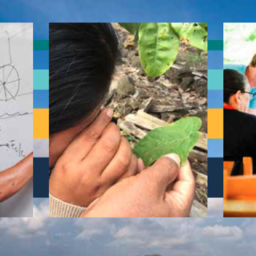
This document provides information on the origins, activities, philosophical underpinnings, and initial progress of the Education for Sustainability in Galapagos Program (ESG).
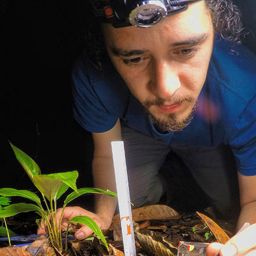
The Foundation is delighted to announce the launch of the Tinker Field Research Collaborative in partnership with 15 U.S. universities.

Hablamos con Dunia Perdomo, Coordinadora General de Proyectos en OYE, sobre su respuesta institucional frente a la pandemia y dos huracanes devastadoras en el 2020.
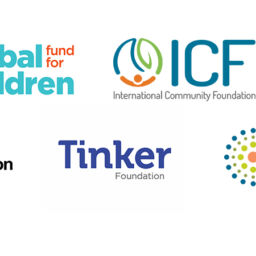
Tinker is pleased to announce its participation in RECARGA, a funder coalition to support public education systems in Central America as they rebound from the COVID-19 pandemic.
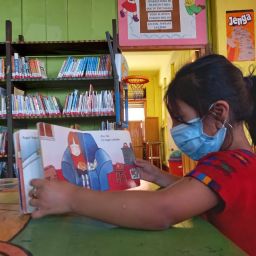
The Tinker Foundation announces 11 new grants that demonstrate its commitment to educational equity during the pandemic.